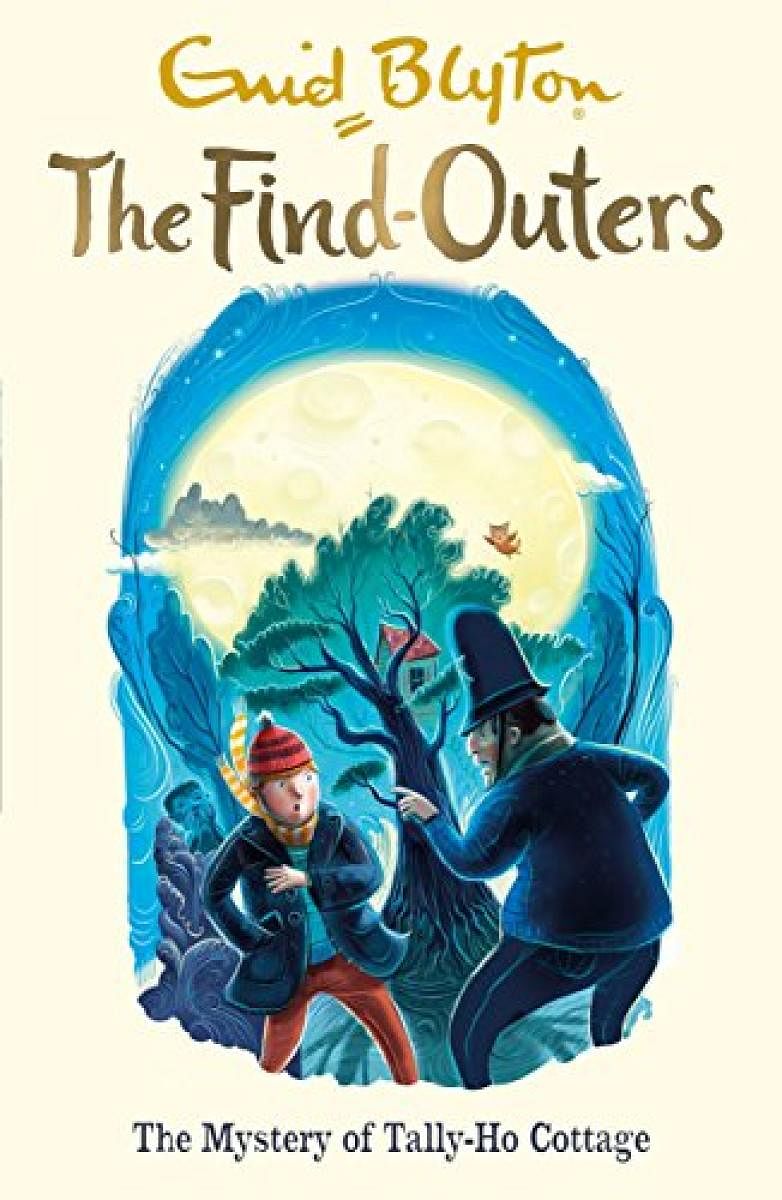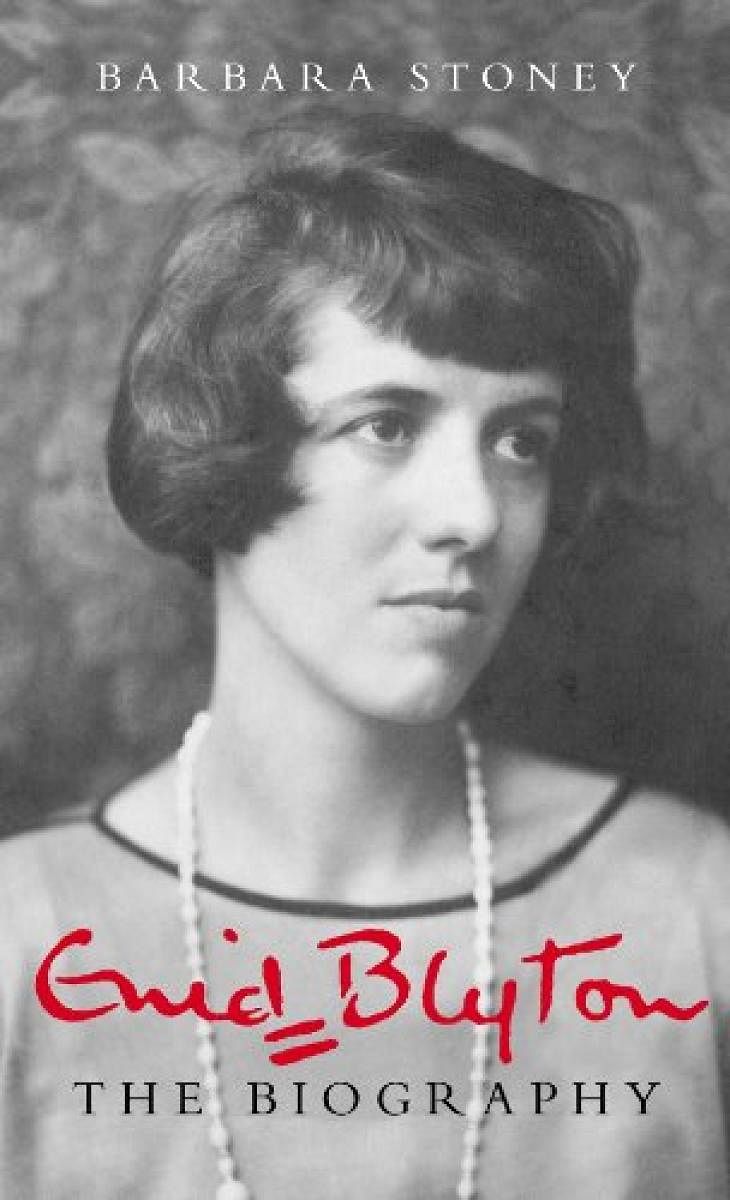

As a child, I was a big fan of Enid Blyton. It wouldn't be an exaggeration to say that I'm a children's writer today because of her. As I grew older, other authors claimed my attention and I moved on. A couple of decades later, my daughter dug out some of my old Blytons and started reading them. I picked one up too and opened the pages. The familiar smell, texture and print filled my senses and I lost myself in the story — when — bam! shock jolted me out of that idyllic state — the racism, sexism and xenophobia in those books!
Gender stereotypes, with working fathers and lemonade-and-sandwich-providing mothers. Girls managing the housekeeping, while the boys got to be daredevils. Boys declaring: "You're a girl, you cannot do that, you'll never be as good as a boy." The way villains are invariably swarthy and foreign!
The problems popped out at me in quick succession, and yet, I couldn't stop reading. The plot drew me in and even before I knew it, I'd finished the book and — horrors — enjoyed it, even while being painfully aware of the terrible stereotypes. What was wrong with me? (The answer to that will fill a slim book, so let's not get into that here.) It can't just be that I loved the book because it took me back to a carefree childhood. Her books obviously do possess great charm. After all, more than 600 million copies of her nearly 700 books have been sold and have entertained and inspired generations of readers!
Then what do we do about the problematic aspects of her books? Some people defend her; they say she's just a product of a time when there was no awareness of all this. But that's not entirely true. In the sixties, MacMillan rejected one of her manuscripts, calling it xenophobic, because being foreign was the only explanation for its villain's evilness. Another editorial strongly criticised a book in which a black-faced doll is accepted only after rain washes its face pink. We have to face it — Blyton just wrote what she believed was true.
So, do we actively reject Blyton's books? Speaking for myself, despite the fact that I credit Blyton with inspiring me, I wouldn't put her on a pedestal, the way the UK Royal Mint proposed to put her face on a commemorative coin. (They dropped the idea after criticism.) There's no dearth of wonderful children's books now and kids can do without her books. But, I wouldn't even go the other extreme and ban the books or prevent children from reading them.
Instead, I'd take the opportunity to draw the child's attention to the problems (like I did with my daughter). It can be a teaching moment. It works. I saw it in action when my daughter told me in the same breath how brilliant the solution of a Blyton mystery was and how ridiculously sexist a paragraph in it was. And in my view, that should do.
The author got a master’s degree in energy engineering and worked in the IT industry until her daughter dragged out the writer lurking inside her. She has written eight books for children and can be reached at www.shruthi-rao.com
GobbledyBook is a fortnightly column that gives you a peek into the wondrous world of children's books. Hop on! Or as Alice did, plunge into the rabbit hole.